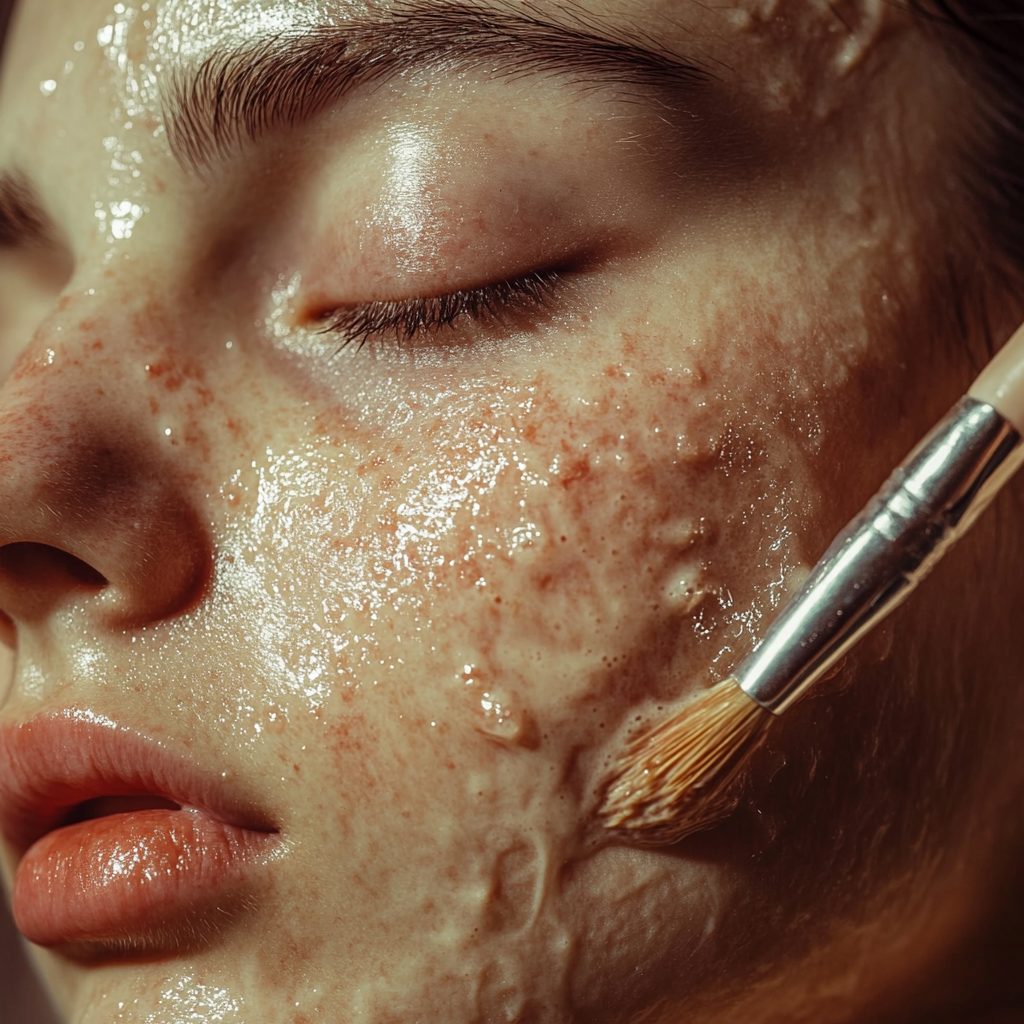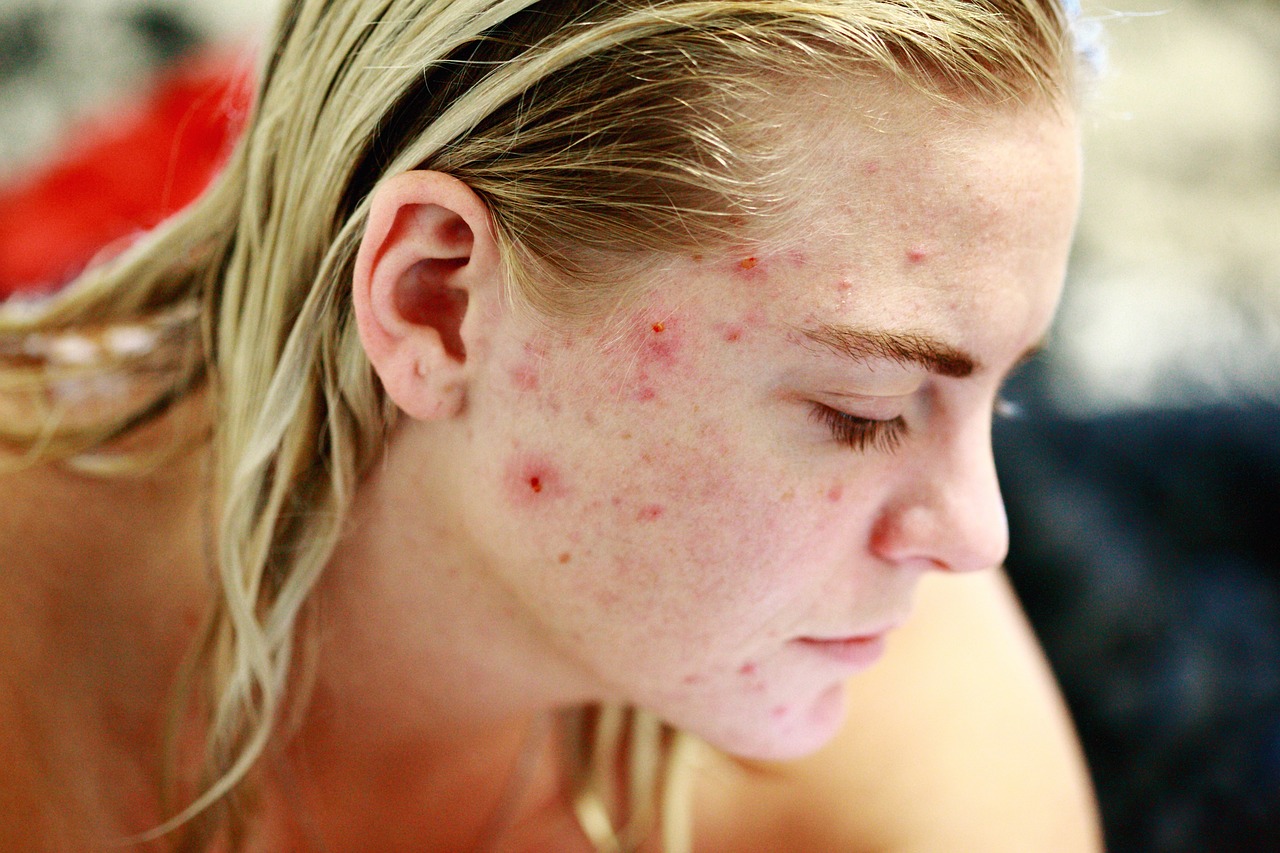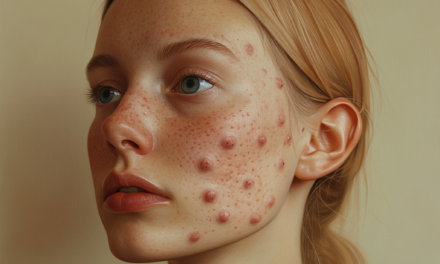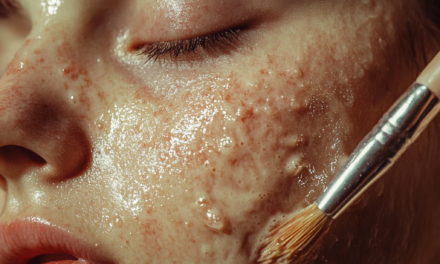



This process minimizes the formation of pimples and accelerates the healing process.
Before using salicylic acid, it’s important to inform your doctor or pharmacist about any allergies to salicylic acid, nonsteroidal anti-inflammatory drugs (NSAIDs) such as aspirin, ibuprofen, naproxen, or any other allergies.
This product may contain inactive ingredients that could trigger allergic reactions or other complications. Consult your pharmacist for more information.
If you have diabetes, poor circulation, or skin conditions like infections, wounds, or atopic dermatitis, consult your healthcare provider before using this product.
During pregnancy, use this product only when necessary and after discussing the risks and benefits with your doctor.
It’s uncertain if this medication passes into breast milk, so consult your doctor before breastfeeding. Salicylic acid is used to treat mild to moderate acne and can be used in conjunction with other acne treatments.
Before combining treatments, consult your doctor or pharmacist, as salicylic acid belongs to a class of drugs known as salicylates.
When using salicylic acid topically, follow the instructions on the product package. If you have questions, consult your doctor or pharmacist.
Perform an allergy test by applying a small amount of the product to a small area of acne for three days. If you experience an allergic reaction, discontinue use and seek medical help immediately.
This medication is intended for external use only. Avoid contact with eyes, nose, mouth, groin, or any broken skin. If contact occurs, rinse the area with cool water for 15 minutes.
Apply a thin layer of the medication to the affected areas once or twice a day as directed by your doctor, following a gentle cleanse and drying of the skin.
If using pads or cleansers containing salicylic acid, follow the instructions provided. Side effects like peeling, burning, dryness, or redness may occur, especially at the beginning of treatment.
If these effects persist or worsen, contact your doctor or pharmacist. Do not use excessive amounts or apply the medication more frequently or for a longer duration than advised by your doctor.
If your condition does not improve or worsens, or if you suspect a severe medical issue, seek medical assistance promptly.
Although serious allergic reactions to this drug are rare, seek immediate medical attention if you experience symptoms such as rash, itching, swelling (especially of the face, tongue, or throat), severe dizziness, or difficulty breathing.
This list does not encompass all potential side effects. If you notice any other effects, contact your doctor or pharmacist.





